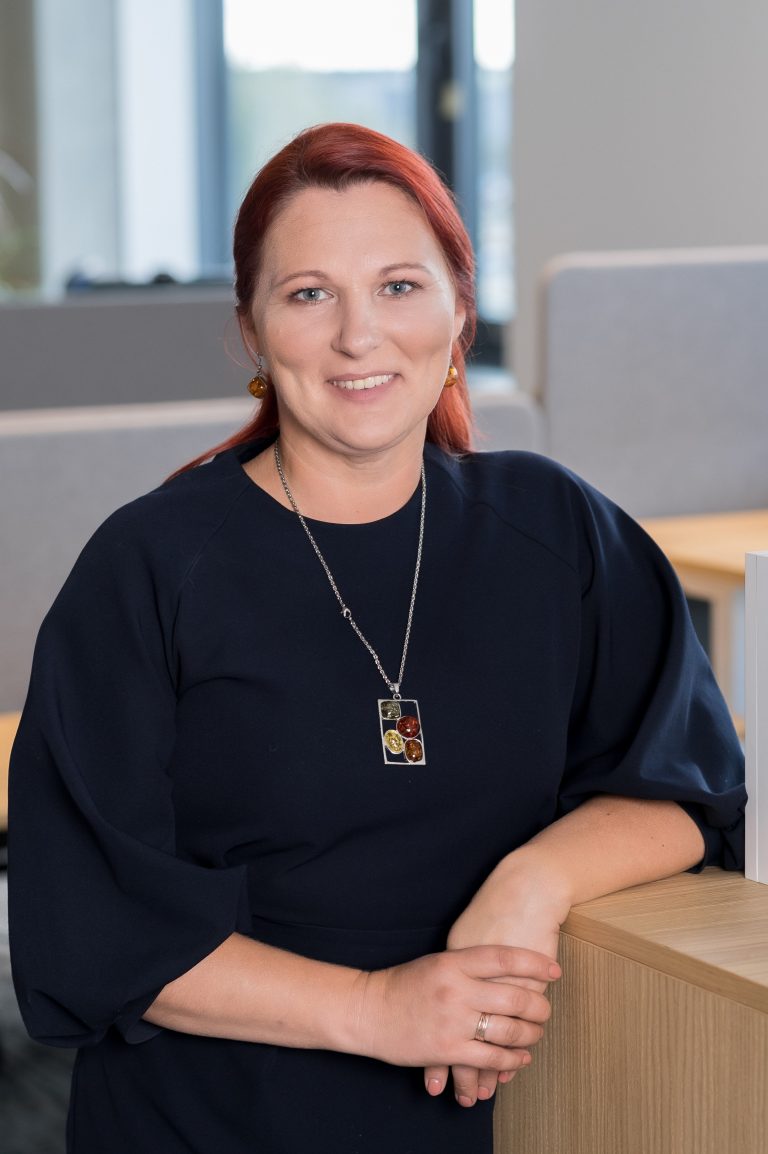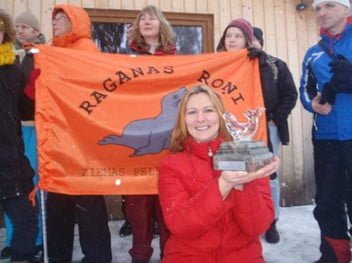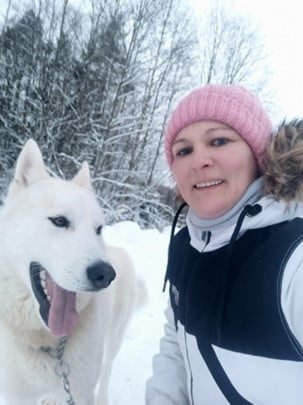What do you associate KRONUS with?
With pallets, with the smell of wood. I hadn’t heard much about the company before. I certainly didn’t know that KRONUS is the biggest pallet edging company in the world. The dimensions definitely surprised me.
How long has your work experience been overall? What was your first paid job?
I have been working since I was 14 years old. My first job was picking strawberries at school, but I had a more serious job at Somdaris, where I glued bags alongside my studies
How did your career at KRONUS start? What was the selection process like?
Before working at KRONUS, I also worked with LEAN implementation, but in the Eco Baltija Group companies. In my case, I cannot answer directly about the selection process because I was not looking for a job at the time, but I was approached by a KRONUS recruiter. This also makes me think that I must be smart and capable of something if I was already being sought after and approached. I agreed to come and talk and decided in favour of KRONUS!
What do you think are the biggest advantages of working for KRONUS?
KRONUS is a big and stable company, with lovely colleagues around. The fact that the company is focused on development is definitely a big plus. The whole company is thinking about how to make processes more successful and efficient. We are not just working for today, it is a big plus that we are thinking about what will happen tomorrow. Development is also very important in my daily life, I am always learning and thinking about how to do things better. LEAN goes hand in hand with work and everyday life at all times!



























